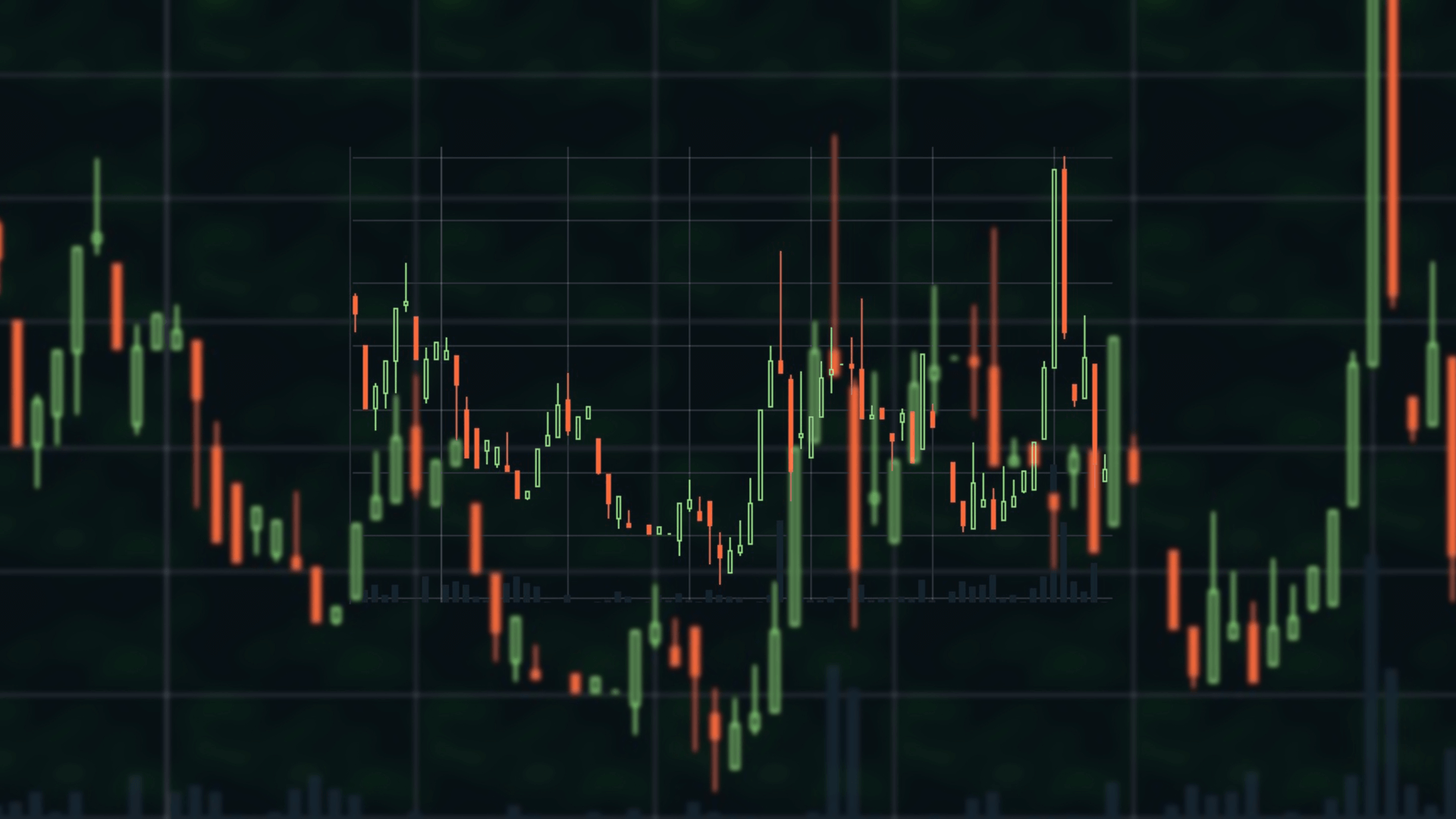Life insurance is a tool that ensures the financial protection of your dependents if you die. But some permanent life insurance policies have an investment-like cash value component, which you can use while you’re alive.
Similar to stocks and bonds, the cash value of a life insurance policy is subject to market forces. Inflation, recession fears, and other economic factors usually have an effect on the performance of the stock market, [1] which might cause cash value policyholders to worry about a major financial impact on their policy.
For most people, using your life insurance as an investment vehicle isn’t recommended, as it increases the cost of your policy with minimal payoff in returns.
How does the stock market affect life insurance companies?
Life insurance companies are affected by fluctuations in the stock market, but most people don’t need to worry about the stock market affecting their life insurance policy. Several federal guidelines are in place to minimize the impact of an economic downturn on life insurance.
Policyholders are also protected by financial and market regulations from state legislatures and the National Association of Insurance Commissioners (NAIC), which aim to protect consumers against unfair pricing and safeguard their funds. [2]
If you’re buying a life insurance policy, you can further protect yourself by considering the insurer’s financial standing with credit agencies such as AM Best, Standard & Poor’s, and Moody’s.
Policygenius’ life insurance reviews break it down for you so you can get a sense of each life insurance company’s financial strength.
How does the stock market affect permanent life insurance policies?
If you have a permanent life insurance policy with a cash value account, the cash value could be affected by changes in the stock market.
How your cash value fluctuates based on market trends depends on the type of insurance product you purchase.
Aside from the cash value implications, the cost of a permanent life insurance policy isn’t impacted by stock market performance. Rates for your permanent policy are determined by your health profile and life expectancy, not market trends.
Traditional permanent policies, such as whole life policies, have a cash value with an interest rate that’s fixed each year. This safeguards your policy against market volatility.
Indexed universal life and variable universal life policies will see the biggest impact from stock market fluctuations because their cash value’s growth is usually associated with the stock market.
Traditional cash value policies
The interest earned on the cash value of a traditional life policy, such as whole life insurance, is set when you purchase your policy and remains the same unless altered by your insurer.
Because interest rates are usually based on the insurer’s market performance, they can vary across insurance companies.
The better a life insurance company is doing, the more good fortune it can afford to pass along to its customers, which is why it’s important to ensure you’re purchasing a policy with an insurer in good financial standing.
As long as your life insurance company is in good financial health, you can expect some stability on your investment because your cash value’s rate of return won’t fluctuate with the market.
While you shouldn’t see much of an impact on your policy due to a dip in the stock market, this means that when the stock market is doing well, you’ll see comparatively minimal gains.
→ Learn more about the best life insurance companies on the market
Universal life insurance
Indexed universal life insurance policies have a variable interest rate that’s based on a stock market index, as do indexed whole life policies. (Traditional universal life policies aren’t attached to any market index and are instead based on a minimum interest rate set by the insurer.)
Universal life insurance policies are most commonly set on the S&P 500 index, though there are limits to how much or how little interest you can gain. Most policies have a floor of 0% and a cap between 8% and 10%.
When there’s a lot of volatility in the market, the guaranteed floor set by the insurer means that in theory, your cash value won’t depreciate.
But you’re still paying into the cash value of your policy and not receiving anything in return, and this doesn’t account for the probability that your money could be worth less later due to inflation.
Likewise, if your policy has a 10% maximum rate, you’ll see lower levels of return when the market is doing exceptionally well.
Variable life insurance
Variable universal life and variable life insurance come with a cash value that isn’t guaranteed. Instead of being tied to an index, your cash value grows based on the performance of underlying investments — such as mutual funds, stocks, bonds, and more — that you select with your policy's advisor.
The performance of your cash value is completely reliant on the stock market performance — if the market isn’t performing well, you may need to adjust your death benefit or the premiums you pay to avoid losing the cash value or your policy entirely.
Should you use life insurance as an investment?
Even in a thriving economy, the return on your cash value isn’t usually worth the high cost of a permanent life insurance policy — 45% of whole life policies are abandoned due to their unaffordability — and you’re likely to see higher returns by investing elsewhere.
Furthermore, combining your life insurance policy with your investments is putting all your eggs in one basket — and you risk the chance of losing both your life insurance and your investment. “It is usually best to keep those market risks separate from your life insurance," says Patrick Hanzel, certified financial planner and advanced planning manager at Policygenius.
The low rate of return coupled with the fact that it takes decades of compounding interest for the cash value to generate any return makes it a poor investment choice for most people — unless you have a high net worth and have already maximized contributions to other investment vehicles.
A financial advisor can help you determine how to diversify your portfolio and optimize your investments.
Image: Kean Collection / Getty Images





